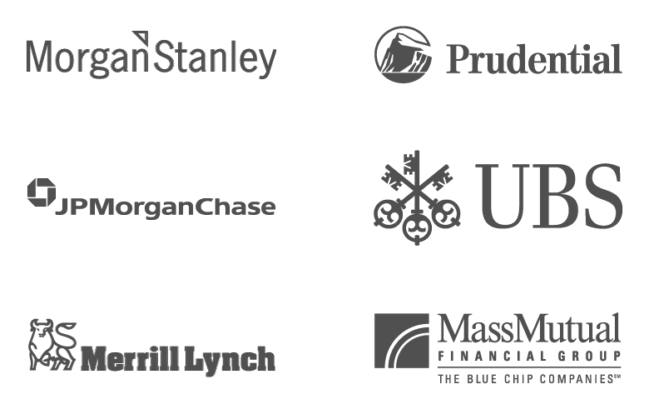It’s a myth that you need a lot of money to start investing it. In fact, you can start investing for your retirement or other funding needs with as little as $1000. The trick is just finding the right place to invest — and make every single dollar start working for you right now. You don’t have to put it off another year, month, or even for one day. If you’ve got $1,000 to start with, here are three smart investment ideas to try.
Smart Investment Idea #1: Open a Microsavings Account
Most financial experts suggest establishing an emergency fund covering three to six months of living expenses for unforeseen employment gaps. A microsavings account is a good way to get your emergency fund seeded. Microsavings accounts let lower-income individuals and families make small deposits that accumulate interest over time. Microsavings programs are like normal savings accounts, but for individuals who can only make much smaller deposits. These accounts generally waive minimum balance requirements and fees so users can save more money and earn a little interest.
What makes a microsavings account such a smart investment is you can put aside as little as $10-$25 per paycheck. Getting in the habit of saving any amount, no matter how small, can make a big difference over time. Once you factor in the interest earned, it’s clear why a microsavings account is one smart investment for younger individuals.
Smart Investment Idea #2: Your Employer’s 401(k) Plan
If you haven’t already done this, put that extra $1000 into your employer-sponsored 401(k) plan. Talk to your human resources department to find out how to enroll right now or when you’re eligible to join. Many companies match employee contributions, which means they give you free money just for participating in this benefit.
You’ll also receive immediate tax advantages when you enroll. What does that mean? Well, the amount deducted from your paycheck that’s invested in a defined contribution plan is pre-tax money. As a result, contributions to your 401(k) lower your taxable income amount each year, which is a pretty big deal. While your money remains in that 401(k) plan, you won’t owe the IRS or your state income tax on it. All the money you put in and earned interest that compounds year after year is completely tax-free until your retirement. Now, you will have to pay an early withdrawal fee if you take money out before reaching your full retirement age. You’ll also owe income taxes on those withdrawals, so let that money stay put and keep earning you interest.
If you don’t have access to an employer-sponsored 401(k) plan, open an IRA retirement account. An IRA account offers tax advantages that reduce the amount you’ll owe on any interest you accrue over time. Whichever option you choose, pre-tax savings plans are always a smart investment.
Smart Investment Idea #3: Peer-to-Peer (P2P) Lending
You can open an investor account on a peer-to-peer lending site like LendingClub for just $1,000. Investors in P2P lending programs enjoy much higher average rates of return than with other investment options, for shorter terms. Not sure if P2P lending is a smart investment option for you? Here’s how it works: Someone who needs to borrow money goes to a peer-to-peer lending site and applies for credit. After approval, the borrower’s assigned to a risk category that determines his or her loan’s interest rate. Next, an individual investor or group funds that specific loan. It’s less liquid than a savings account but offers a higher rate of return (usually ranging from 4.9% to 7.1%). Plus, P2P lending services are typically less volatile than the stock market, which makes them a smart investment.
After creating your account, you can quickly build your portfolio by investing in different loans for as little as $25. You’ll receive monthly principal and interest payments as borrowers repay their loans. It’s that simple!




